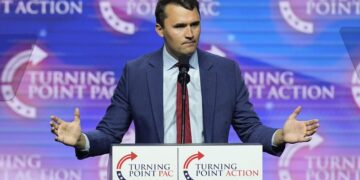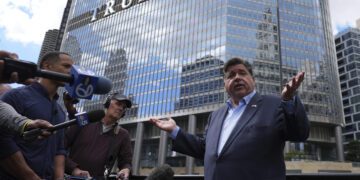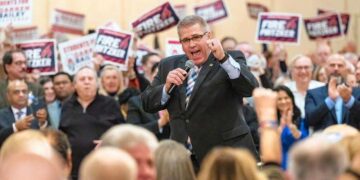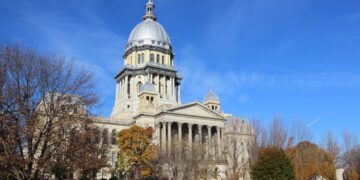Swedish climate activist Greta Thunberg made international headlines recently for a scathing speech at the United Nations Climate Action Summit 2019 in New York. Thunberg excoriated world leaders for their “empty words” and propagation of “fairy tales of eternal economic growth.” The teen spoke passionately, mourning that “the politics and solutions needed are nowhere in sight.” Her words present a stark picture, a personal image of the intergenerational challenges related to environmental and economic stewardship.
The youth are those who will inherit the consequences of decisions made today, Thunberg reminds us, and her testimony attests to this often-overlooked moral dimension of policies and practices. Religious activism, even as it often focuses on politics, can also help remind us that the challenges of environmental stewardship are not fundamentally political or technical, but rather moral and spiritual. Abuse of creation arises from corrupted desire and broken relationships with God, humanity, and the world.
Any solutions that are humanly achievable must therefore begin with the fundamental realities of our world. A comprehensive vision of the conditions for human flourishing, what the Roman Catholic social teaching tradition has called “human ecology,” thus must include the moral and spiritual as well as material and environmental, legal and relational conditions for integral human development. As John Paul II put it, “A true concept of development cannot ignore the use of the elements of nature, the renewability of resources and the consequences of haphazard industrialization — three considerations which alert our consciences to the moral dimension of development.”
More HERE







